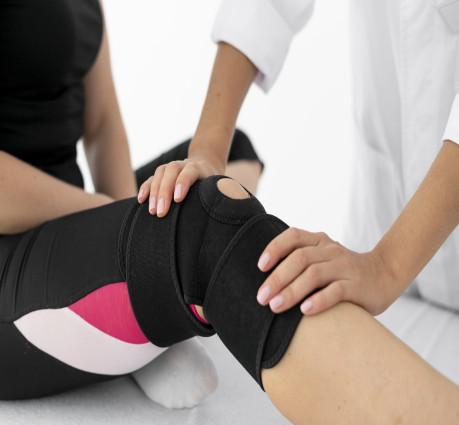The PhD Physiotherapy course is an advanced academic program designed for professionals who aspire to lead and innovate in the field of rehabilitation and physical therapy. It covers diverse areas such as biomechanics, neurorehabilitation, musculoskeletal therapy, and other specialised domains of physiotherapy. It emphasises evidence-based practice, encouraging candidates to critically evaluate and contribute to scientific literature. PhD candidates also acquire advanced skills in academic writing, teaching, and leadership, equipping them for influential roles in academia, clinical practice, and health policy development. The program’s culmination is a dissertation that contributes new knowledge to the field. If you're searching for the best PhD physiotherapy course in Bhopal, RNTU is the leading choice. Recognised as the top PhD degree college in Bhopal, MP, offering exceptional academic resources, expert faculty, and a robust research environment to help students excel in their professional journey.
Duration of programme
Level of Study

Advanced Research Methodologies: Students delve into research design, data analysis, and statistics, equipping them with the skills to conduct high-quality research.
Specialised Physiotherapy Topics: In-depth study of biomechanics, neurorehabilitation, musculoskeletal therapy, and other specialised areas to develop expertise in specific domains.
Evidence-Based Practice: Emphasis on critically evaluating current literature and applying evidence-based approaches to physiotherapy practice.
Healthcare Policy and Ethics: Study of healthcare systems, policies, and ethical considerations in physiotherapy, preparing students for roles in health policy and administration.
A Master's degree in physiotherapy.
Relevant research experience and qualifying exams.